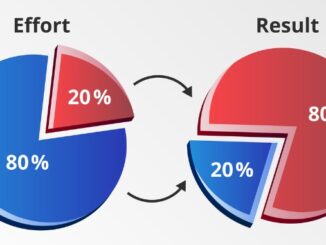
Bringing a Pen to the Meeting
You’re the one that takes the notes, knows where everything is and always has a spare pen on hand. But keep reading

You’re the one that takes the notes, knows where everything is and always has a spare pen on hand. But keep reading

The Pareto Principle, or the 80/20 rule, offers a powerful framework for school business managers to focus their efforts on keep reading

Doesn’t it feel like winter is dragging on and on? As we await the arrival of the summer sunshine, Laura keep reading

Ever feel like you’re stuck in a never-ending game of catch-up, racing against the clock with no finish line in keep reading

Procrastination is often seen as a productivity killer, but when understood and managed, it can sometimes offer surprising benefits and keep reading

Ready to take control of your time like a productivity pro? Let’s dive into the Covey Matrix and start working keep reading

Workplace absenteeism due to sickness is increasing, leading to reduced productivity, lower morale and challenges in employee retention CREDIT: This keep reading

We all wish we could run on unlimited energy, but even the most driven leaders need to hit the pause keep reading

Have you ever volunteered to lead a project or take on a task, only to find yourself later wondering, “Why keep reading

Struggling to stay focused? With the right strategies, you can train your mind to improve concentration and sharpen your focus keep reading
Copyright © 2025 | Education Executive | Intelligent Media Solutions